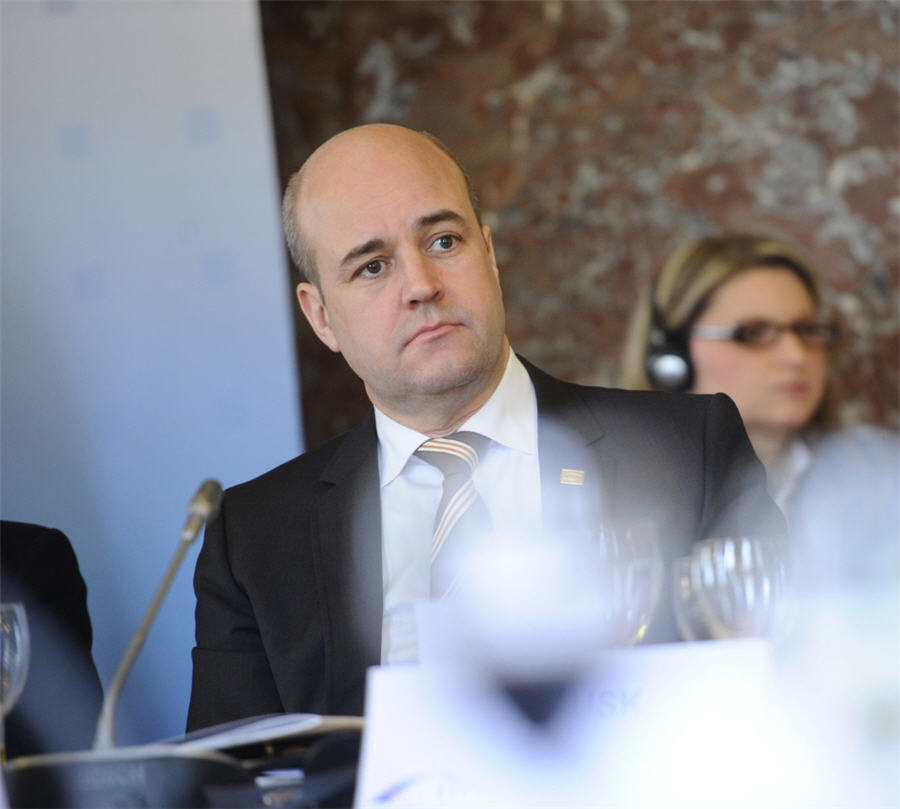Uganda to join transparency program as it seeks mining investors

(Bloomberg) — Uganda plans to join a program aimed at rooting out corruption in resource industries as the East African nation seeks to reassure potential investors that it isn’t involved in “conflict minerals.”
The cabinet has already endorsed the plan to join the Extractive Industries Transparency Initiative this year, according to Minister of State for Energy and Mineral Development Peter Lokeris. Uganda is seeking investors to develop deposits of copper, nickel, gold, chromite, iron ore, tin, tungsten, limestone and vermiculite.
“We are joining to make sure everything is done transparently and to avoid suspicion that we may be involved in conflict minerals,” Lokeris said Tuesday in an interview in the capital, Kampala.
About 50 countries are part of the EITI program, which tracks payments to governments in the oil, gas and mining industries. Last November, the U.S. announced it was discontinuing EITI implementation in a move the initiative’s Chairman Fredrik Reinfeldt called a “disappointing, backwards step.” The program’s board last month suspended Liberia for not publishing its EITI report on time.
At the same time, Uganda plans to start export certification this year to identify the origin of minerals, Robert Kasande, permanent secretary for the ministry, said last week. Tin, tungsten, tantalum and gold will benefit from the certification, Zachary Baguma, acting director of Geological Survey and Mines Department, said in an interview.
While minerals only account for 0.3 percent of Uganda’s annual gross domestic product, that may expand to 5 percent once laws are amended to include artisanal miners and construction materials such as sand, limestone, clay gypsum, plus industrial minerals like mica, talc, potassium-rich rocks and agro-phosphates, Baguma said.
(By Fred Ojambo)
More News
{{ commodity.name }}
{{ post.title }}
{{ post.date }}




Comments